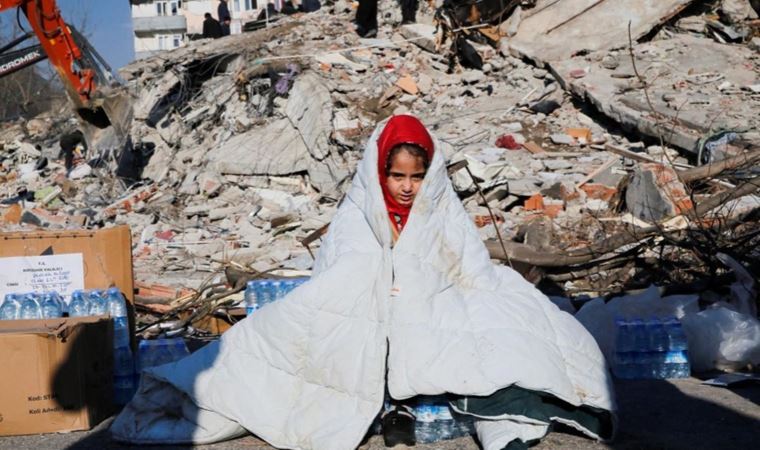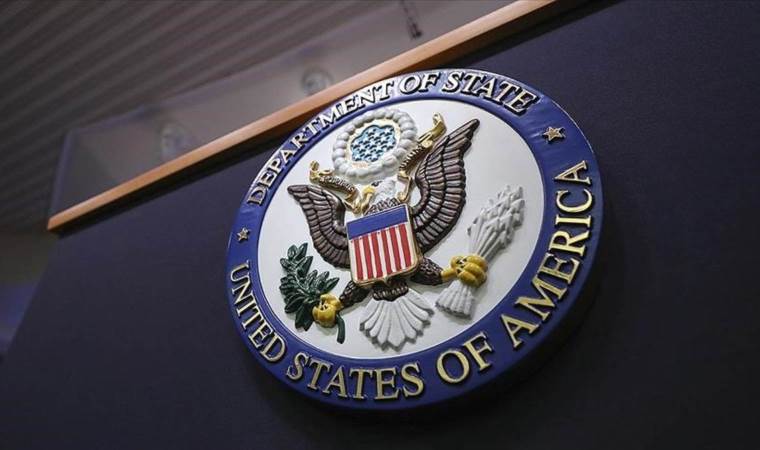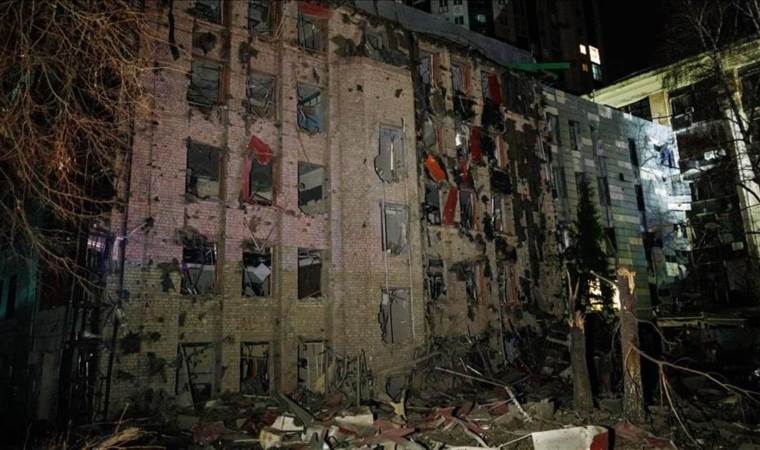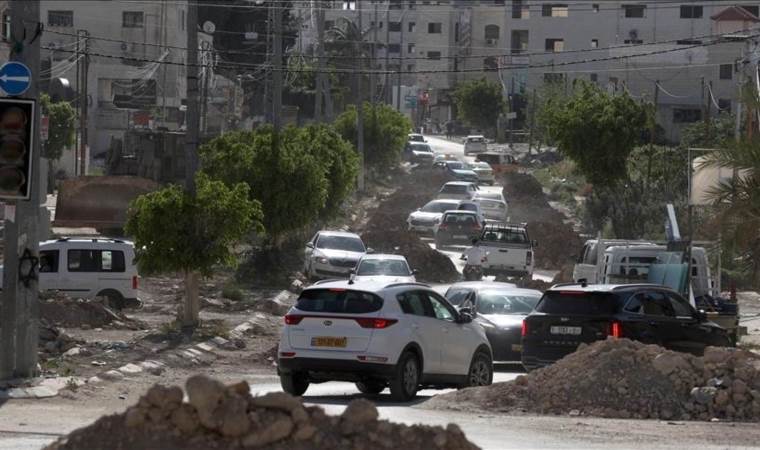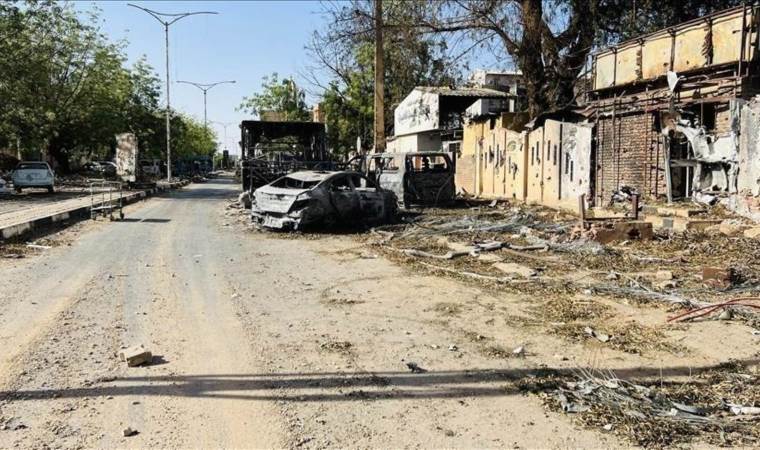Beyond the rubble: Turkey marks one year since catastrophic February 6 earthquakes
As the world commemorates the first anniversary of the devastating earthquakes that shook Turkey, the focus sharpens on the hardest-hit province, Hatay. The region epitomizes the immense challenges and ongoing recovery efforts in the face of widespread destruction. This retrospective sheds light on the legal, psychological, and health-related aftermath of a tragedy that not only tested the resilience of communities but also underscored the urgent need for systemic changes in disaster preparedness and response.
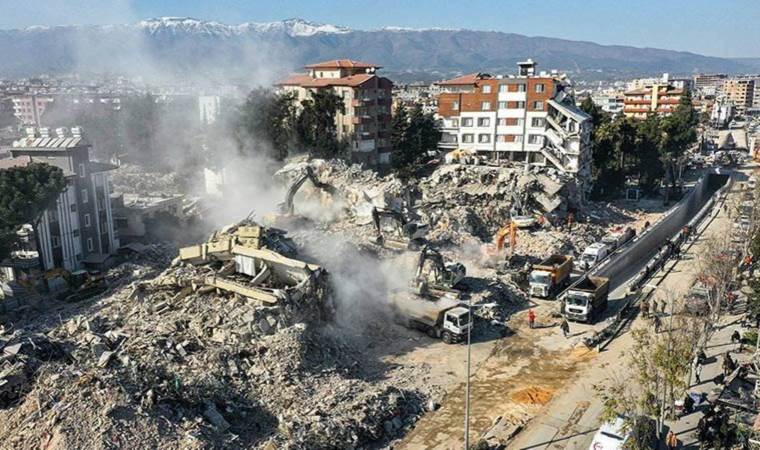
On the first anniversary of the February 6th earthquakes that struck Turkey, devastating communities and claiming the lives of 50,096 individuals, the nation and the world reflect on the tragedy and its aftermath. The hardest-hit province, Hatay, sits within a disaster zone as extensive as the Netherlands and Belgium combined, epitomizing the immense challenges and ongoing recovery efforts in the face of widespread destruction. Reports from Cumhuriyet highlight a range of critical issues, from the accountability of construction contractors to the psychological impact on survivors, showcasing the ongoing struggles and resilience of affected communities.
The legal proceedings against contractors, a focal point of scrutiny, reveal only a fraction facing legal action despite the vast scale of destruction. The apprehension of a contractor attempting to flee the country underscores the dire consequences of construction negligence. In Istanbul, families commemorating lost loved ones send a powerful message of remembrance and justice, highlighting the collective memory and commitment to accountability. Mental health professionals warn of the anniversary's potential to trigger psychological distress, emphasizing the need for ongoing support.
The Turkish Medical Association's findings in the earthquake zone reveal environmental and health hazards from rapid debris removal and profit-driven recovery efforts, with reports of chemical contamination and inadequate access to basic needs. As the world marks the anniversary of this calamity, the stories emerging from Turkey serve as a poignant reminder of the human cost of inadequate urban planning and the importance of building resilience against future disasters, with the hope that lessons learned lead to safer, more equitable communities.
Most Read News
-
 Pope Francis dies at 88 after prolonged illness: Vatican
Pope Francis dies at 88 after prolonged illness: Vatican
-
 US scales back development, diplomatic presence in Afric
US scales back development, diplomatic presence in Afric
-
 China sanctions US lawmakers, officials, NGO heads
China sanctions US lawmakers, officials, NGO heads
-
 El Salvador’s president calls on Maduro to release Venez
El Salvador’s president calls on Maduro to release Venez
-
 Kremlin ‘satisfied’ with US position ruling out NATO mem
Kremlin ‘satisfied’ with US position ruling out NATO mem
-
 Russia, Ukraine report airstrikes as Putin’s Easter ceas
Russia, Ukraine report airstrikes as Putin’s Easter ceas
-
 Trump ‘values’ talks with Japan, says Premier Ishiba ami
Trump ‘values’ talks with Japan, says Premier Ishiba ami
-
 Israel bans Palestinian minister from occupied West Bank
Israel bans Palestinian minister from occupied West Bank
-
 At least 33 civilians killed in RSF shelling of Sudan’s
At least 33 civilians killed in RSF shelling of Sudan’s
-
 Gold price exceeds $3,400 to reach new record high amid
Gold price exceeds $3,400 to reach new record high amid

